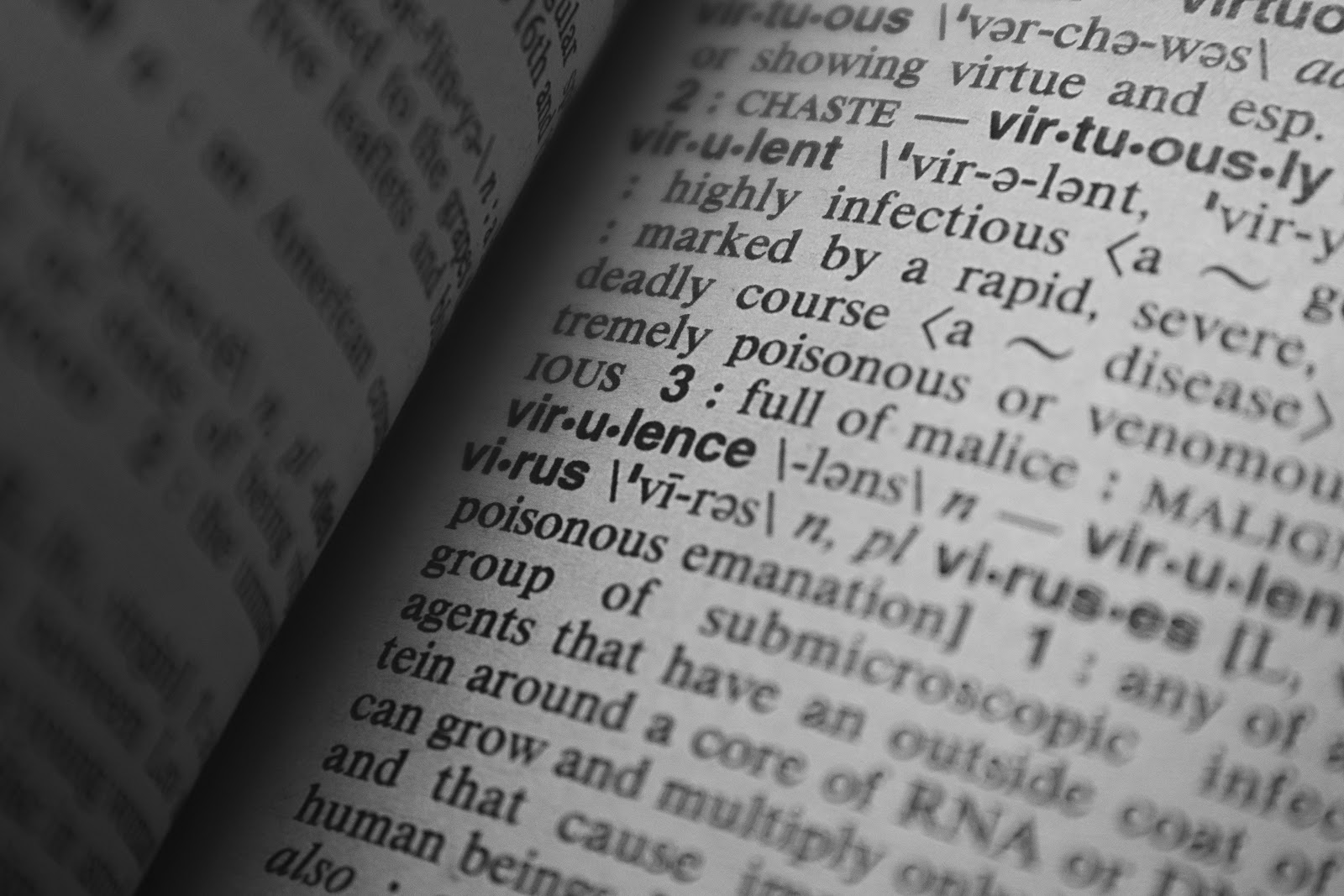Could the English language actually be French?
If some of you are familiar with the English and French language, you might have discovered some ressemblance between the two, most likely in our vocabulary. You might have guessed that this is not a coincidence and you would be right: the ressemblances between those two languages did not happen by accident but are the results of their common history and the meeting of different tribes and people.
Just as every language, the English language has been shaped by the combination of different dialects throughout History, the main ones being Latin and Germanic languages, spoken in the British isles after German tribes decided to settle there. The Angles, the Saxons and the Jutes invaded Britain in the 5th century [1]. The Angles gave their name to England (in French Angleterre - literally land of the Angle) and together with the Saxons, gave a name to the "anglo-saxon" people. With the Jutes, they participated in shaping what is now called Old English.
However, in 1066, England is invaded by William the Conqueror during the Norman Conquest. After his victory at the battle of Hastings, William becomes king of England and the French language arrives at court. Bill Bryson talks about the conquest as the "final cataclysm [that] awaited the English language"[2]. The Normans speaking French, they brought the language to court, making it the language of courts, law, literature, administration but also fashion, gastronomy, etc.
While French became a more and more prominent language, the English one was demoted to less prestigious uses. While French took over the nobility, it remained the main language spoken by the native population. It became the language of the uneducated before reappearing at court and other places in the 13th century. For three hundred years, the English language developped on its own, grammarians ignoring it for most of this time, which can explain why English evolved to be grammatically simpler than French[2].
As a result of this distribution of languages according to social classes (please, excuse this anachronism), English Kings didn't even speak the language of their land: the famous Richard the Lionheart, king of England from 1189 to 1199 only spoke basic English and even chose to spend most of his time in France rather than England.
Over the years, the two languages mixed together. This was achieved through marriage for instance, the newly widowed women being allowed to keep their husband's lands after their death during the Conquest, if they married a Norman. The children born from thoses marriages would have English nurses: they were therefore familiar with both languages[3].
But more concretely, where can this influence of the French language be seen?
About one third of all words in the English language are either direclty or indirectly derived from the French. It influenced the English vocabulary but also the pronunciation, the spelling and even in some cases, the syntax.
Today, a large number of words and expressions are identical as in French, though the pronunciation might be more English now . If you ever used words such as brunette, coup d'Etat, fiancé.e, déjà-vu, cul-de-sac, gauche, petit, mise en abyme... congratulations, you probably know more French than you thought (you can find a larger list of examples from the French here Terms of Enrichment: How French Has Influenced English (thoughtco.com)). As mentioned above, French terms are used in various domains such as gastronomy, fashion, etc. The use of French for some specific subjects is still observed today, especially when it comes to animals: when in the farm they get names such as calf, swine, sheep or bullock, they become veal (from veau), pork (from porc), mutton (mouton) or beef (boeuf) once in the plate. This illustrate the use of the English by the people of England like in the farm and the use of the French by the nobility who could afford to eat meat and therefore give it new names [4]. This might also show the slight obsession the French might have with food but this is another debate. On that same note, the lower paying jobs kept their Old English names such as "shoemaker" or "baker" but higher paying jobs kept their French equivalent, such as "merchant" (marchand) or "mason" (maçon) [3]. Some diphtongues were also introduced in the Old English such as oi or oy in words such as joy (joie), or to poison, to join, etc [4].
Some other Old English words remained but with small modification. Spellings like "cw" changed to "qu" and "sc" to "sh". Therefore, words like cwene or cyning became "queen" and "king", cnight became "knight" and scip became "ship" [3].
To empasize the impact of French on England and its language, I can also add that the motto of the British monarchy is in fact... in French: it is the case for Dieu et mon droit (God and my right), first said by Richard I in battle (the famous Richard the Lionheart - had French ancestry through his mother Aliénor d'Aquitaine) but becoming the official motto in the 14th century under Henry V. It is also the case for Honi soit qui mal y pense (shamed be the one who thinks ill of it): it is the motto of the Order of the Garter in the UK, the noblest order of Chivalry [5].
Among the 10,000 French words added to English, about 3/4th are still in use today [2]. This being considered, it is estimated that English speakers know about 15,000 French words without having to study French. Pretty cool, isn't it?
Adèle
SOURCES :
[1] H. Munro Chadwick (2010), "Chapter IV - the Saxons, Angles and Jutes in Britain" in The Origin of the English Nation. Available at:THE SAXONS, ANGLES AND JUTES IN BRITAIN (CHAPTER IV) - The Origin of the English Nation (cambridge.org) (accessed on 2/10/2024)
[2] (2019), "Terms ans enrichment: how French has influenced English" in ThoughtCo. Available at:Terms of Enrichment: How French Has Influenced English (thoughtco.com) (accessed on the 2/10/24)
[3] Causby, J. (2019), "How French was intriduced into the English language" in TheSource, vol.19, n°16. Available at: How French was introduced into the English Language | The Source | Volume 19, Issue 16 - March 5–19, 2019 (thelasource.com) (accessed on the 2/10/24).
[4] Filppula, M., Klemola, J. (2020); "External influences in the History of English" in Oxford Research Encyclopedia of Linguistics. Available at: Why Is The British Royal Family’s Motto Dieu Et Mon Droit? | HistoryExtra (accessed on the 3/10/2024).
[5] (2024) "Why is the British Royal Family's motto Dieu et mon droit - and what does it mean?' in HistoryExtra. Available at: Why Is The British Royal Family’s Motto Dieu Et Mon Droit? | HistoryExtra (accessed on the 3/10/24).




Comments
Post a Comment